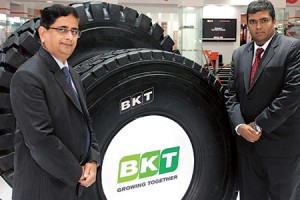 Off-road tyre maker BKT has recently launched two value-added radials. The 445/95R/25 has been developed for high-speed cranes, while the 1800 R33 will be applicated with dump trucks. The former tyre enables high-speed cranes to make inter-city journeys at speeds of 80 kmph. Dilip Vaidya, President and Head of Technology, BKT lays out the context, ‘aspects like rapid infrastructure development and the frenzied pace of rescue operations have boosted demand for high-speed cranes. The challenge for tyre makers is to develop products that allow high-speeds while minimising tyre temperature and NVH. The 445/95R/25’s unique tread pattern facilitates the simultaneous achievement of these diverse outcomes. BKT has created a continuous rib on the tyre’s sides to facilitate faster speeds. It has also developed three blocks of ribs in the tyre’s mid section to boost traction. The company is quite open to offering bias tyres, should the application want even more traction. The 1800 R33 helps dump trucks achieve the same top speed of 50 kmph as does BKT’s bias tyre meant for the same application. But, in doing so, the radial does not rack up as high a temperature as its sibling. Moreover, according to Vaidya, the new tyre promises 80 percent better life relative to the older solution. BKT offers the product in three variants – Temperature Resistant, Cut Resistant and Standard. Cut-Resistant tyres help optimise the truck’s performance in limestone mines for instance, where sharp boulders and illmaintained roads are the norm. On the other hand, Heat Resistant tyres fit the bill where highspeed is desired. The standard tyres balance both considerations. Specific compounding is the key, underscores Vaidya, ‘given the demanding and diverse nature of operations. A Cut Resistant offering cannot substitute a Temperature Resistant product and vice-versa.’
Off-road tyre maker BKT has recently launched two value-added radials. The 445/95R/25 has been developed for high-speed cranes, while the 1800 R33 will be applicated with dump trucks. The former tyre enables high-speed cranes to make inter-city journeys at speeds of 80 kmph. Dilip Vaidya, President and Head of Technology, BKT lays out the context, ‘aspects like rapid infrastructure development and the frenzied pace of rescue operations have boosted demand for high-speed cranes. The challenge for tyre makers is to develop products that allow high-speeds while minimising tyre temperature and NVH. The 445/95R/25’s unique tread pattern facilitates the simultaneous achievement of these diverse outcomes. BKT has created a continuous rib on the tyre’s sides to facilitate faster speeds. It has also developed three blocks of ribs in the tyre’s mid section to boost traction. The company is quite open to offering bias tyres, should the application want even more traction. The 1800 R33 helps dump trucks achieve the same top speed of 50 kmph as does BKT’s bias tyre meant for the same application. But, in doing so, the radial does not rack up as high a temperature as its sibling. Moreover, according to Vaidya, the new tyre promises 80 percent better life relative to the older solution. BKT offers the product in three variants – Temperature Resistant, Cut Resistant and Standard. Cut-Resistant tyres help optimise the truck’s performance in limestone mines for instance, where sharp boulders and illmaintained roads are the norm. On the other hand, Heat Resistant tyres fit the bill where highspeed is desired. The standard tyres balance both considerations. Specific compounding is the key, underscores Vaidya, ‘given the demanding and diverse nature of operations. A Cut Resistant offering cannot substitute a Temperature Resistant product and vice-versa.’
Import-substitutes and exportdriven
These home-grown products offer a viable alternative to customers who have thus far had to rely on imports. ‘Customers using our tyres can realise cost per tonne kilometre savings to the tune of 15 percent, vis-a-vis imported products,’ claims Vaidya. Yet another benefit is efficient after sales service. The company supports its nationwide network of 25 service partners with training and technical assistance . It is doubly creditable for BKT that its import substitute products are exports-ready as well. But, this is not surprising for the Rs 3,200 crore company that supplies to customers located in 130 countries across the globe. Even though 70 percent of the exports may go to the aftermarket, the list of OEM customers is quite impressive, consisting as it does of such names as Terex, Valtra, Same Deutz Fahr International, CNH, Kalmar, Kubota and Komatsu. The domestic market represents a more even spread between the OEM and aftermarket for BKT. The tyre maker serves companies like JCB, ECEL, John Deere and Same Deutz Fahr. ‘About 40 percent of JCB’s requirements is met by BKT,’ beams Vaidya.
Considerable range
The sheer diversity of customer needs leads BKT to develop about 150 new tyres including variants if different compounds and ply ratings were to be aggregated. On an average the company maintains more than 2,000 Stock Keeping Units (SKUs). ‘The large portfolio of products, allows us to offer better options to customers. Correspondingly, we can ensure faster roller of stock for distributors and optimise capacity utilisation of export containers,’ affirms Vaidya. But the same cannot be said, when it comes to capacity utilisation from the manufacturing standpoint. Economies of scale take a beating for BKT due to frequent changeover of models and variants. Hence, the tyre maker is often unable to use more than 80- 85 percent of the installed capacity of 1,60,000 metric tonnes per annum across its plants in Aurangabad, Biwadi and Chopanki and Bhuj. The last plant, only recently commissioned will be ramped up to full capacity by 2015. At that juncture, total annual capacity is slated to reach a level of 2,80,000 metric tonnes. BKT established its first manufacturing plant in Aurangabad in 1988 to make small tyres.The production of off-highway tyres kicked off only in 1995, primarily to cater to overseas customers. A steady growth in business led to the setting up of a second production site in Bhiwadi in 2002. A couple of years later, production of tyre moulds kicked off in Dombivali, near Mumbai. In 2005, the third production site at Chopanki started operations.
Story and Photography: T Murrali


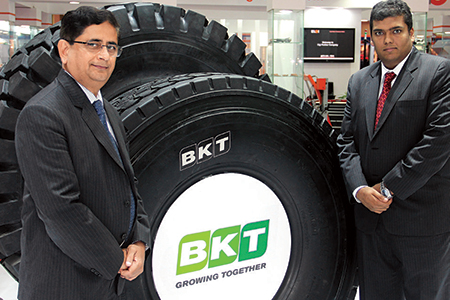

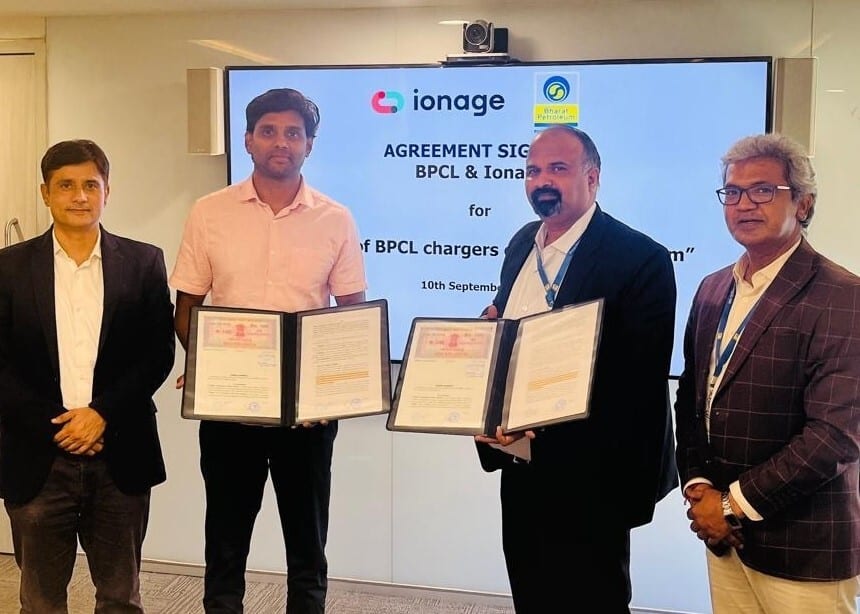
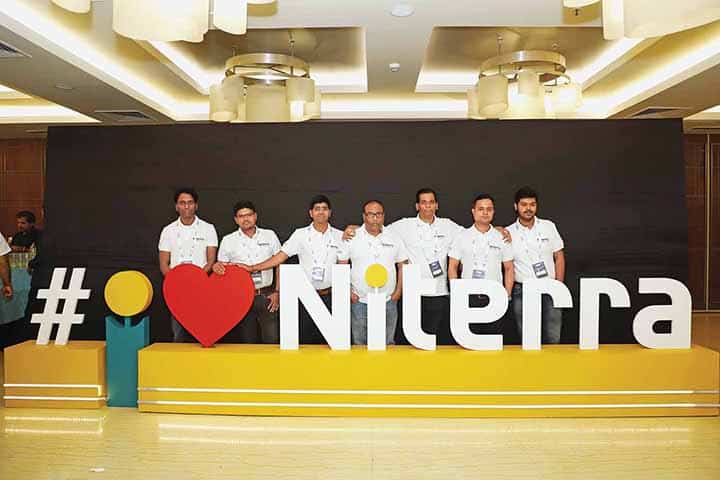
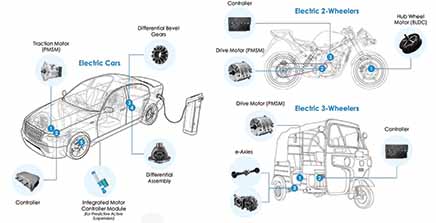

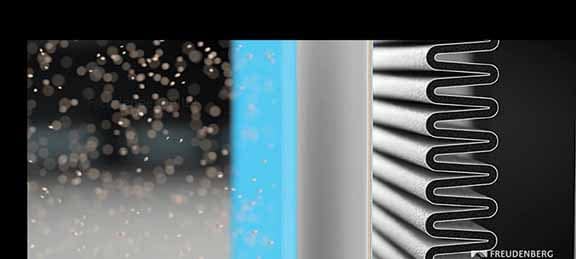
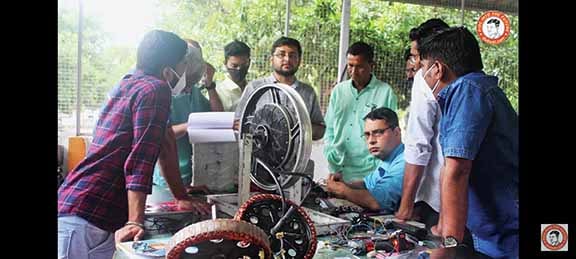
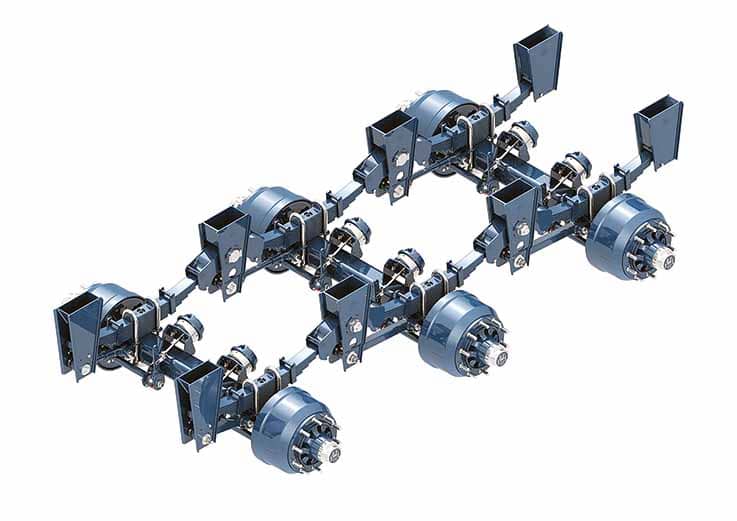

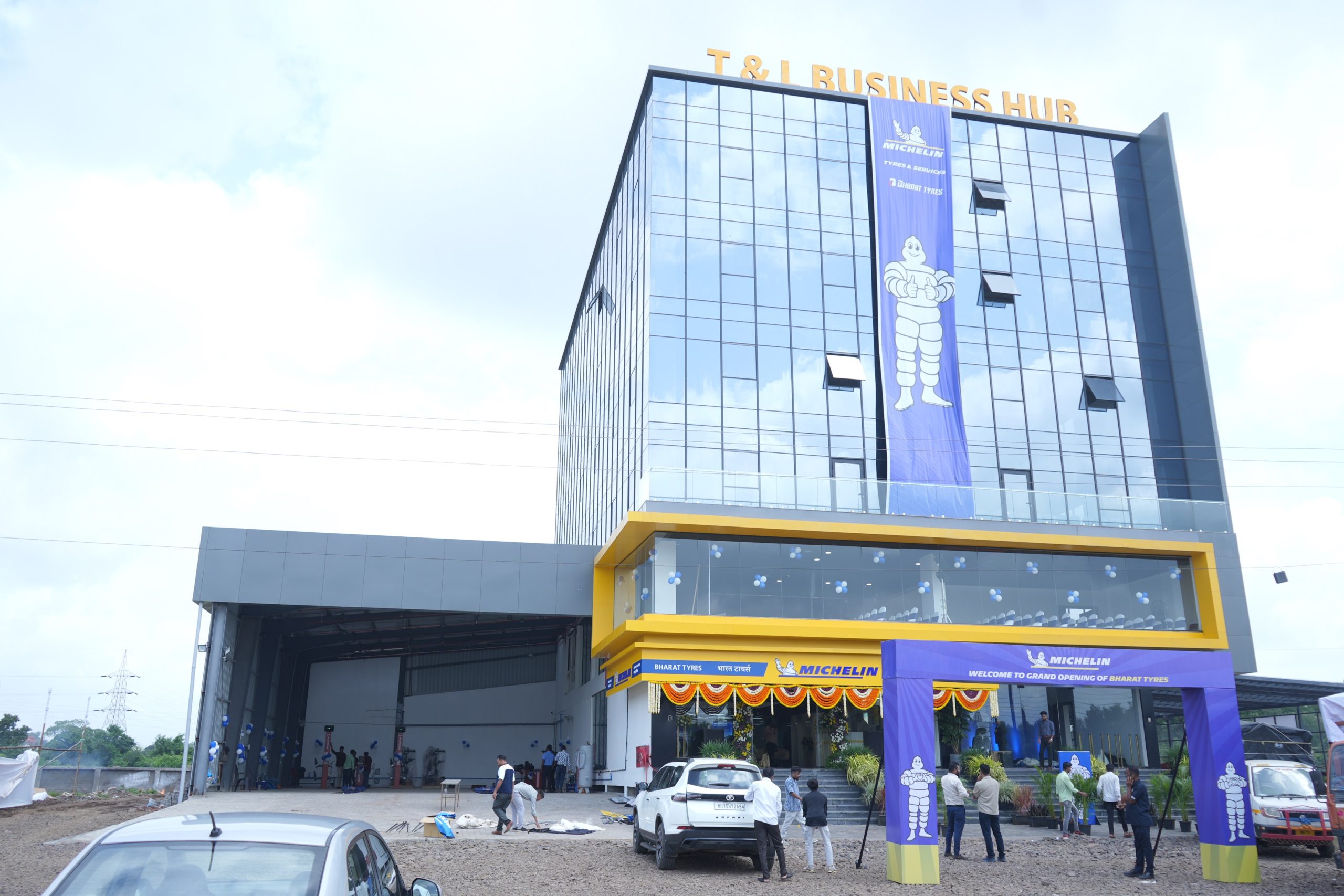
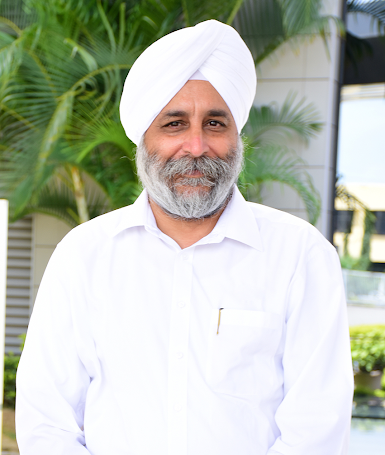
https://www.zotero.org
Among the available products are their excellent turf mowers.
Seize the opportunities of enterprise policy and the financial crisis to win the game one can not be ignored weight.
The US will be getting a revised 2011 Jeep Wrangler but the diesel option will not be offered in the United States.